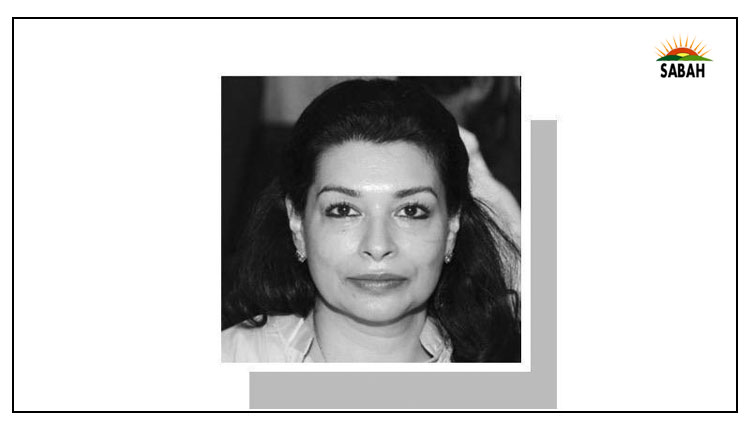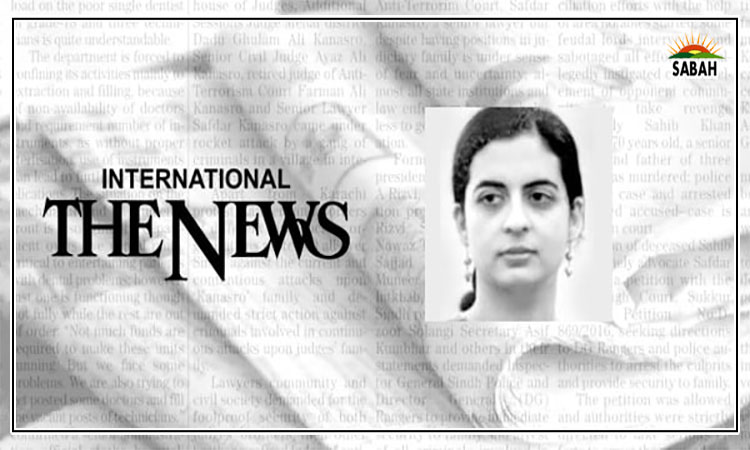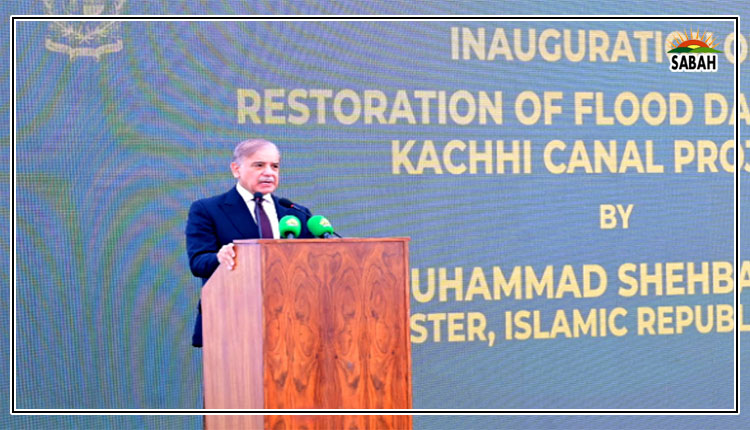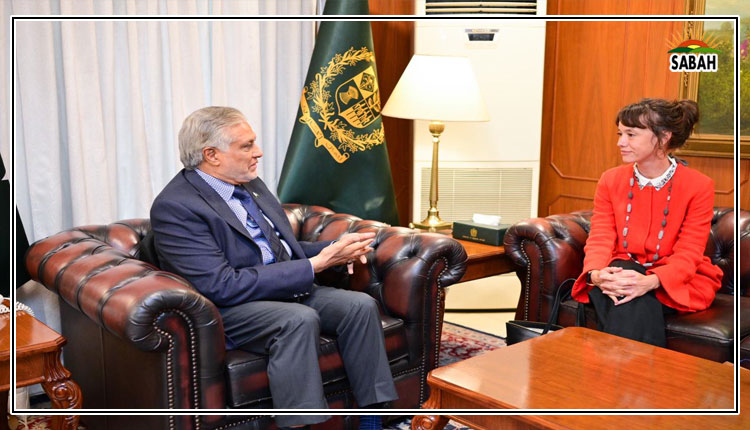Out of $100 billion … Nadia Tahir
IMF’s new programme is a mark of stability. However, this stability comes at the high cost of low growth. The country needs investment for providing jobs to a young, growing population, and it is not possible without investment in capital as well as consumer goods.
The IMF and all other donors and rating agencies have declared Pakistan’s growth prospects positive and stable. The IMF revised the growth projections to be around 3.8% in FY25. The key impediment to the revival of growth was declining investment. In Pakistan, the investment-to-GDP ratio is around 13.14%, almost half of the average of developing countries i.e. 25%.
Realising the urgency of doubling fixed investment, the Special Investment Facilitation Council (SIFC) was formed in 2023, with an ambition to bring $25-100 billion in investment to Pakistan. Since then, many good steps have been taken to improve the investment climate, like: the enactment of the Foreign Investment Promotion and Protection Act (FIPPA) 2022, Pakistan Vision 2025, Strategic Trade Policy Framework (STPF) 2020-25, and Pakistan Investment Policy (PIP) 2023.
SIFC identified sectors and projects, including advanced technology engineering and electronics, basic chemicals, and petrochemicals. Despite progress, Pakistan’s FDI remains below expectations. In FY23, FDI was $1.6 billion as against $1.9 billion in FY24, with China, Hong Kong and the UK in the lead. During July-August FY25, we attracted $350.3 million (which means we can go as far as $2 billion for the full fiscal). The power sector was the front-runner with $210.2 million, followed by oil & gas explorations at $44.2 million and financial business at $39.4 billion.
The Minister for Planning has, however, announced that Pakistan expects $100 billion in exports within five years. The resolve is good, but without investing more than 25% of the GDP, which means something over and above $100 billion in fixed investment, it is a far-fetched dream. The minister has shared the good news that Saudi Arabia and other “friendly” countries, including the UAE, Kuwait and Azerbaijan, pledged to invest $27 billion in 3 years.
Investment depends on perception, rules and regulations, not just on potential. Pakistan is a huge consumer market, but the buying capacity is low. Investors look for market size, a stable and safe environment, lax tax policies for repatriation of funds, high prospective yields and consistency in investment policies.
With all the right sentiments and hard-earned stability, we must work more on domestic policies like repatriation of profit and taxes, cost of moving containers, and days required to handle imports at our borders, quality of infrastructure, skills of human resources required to contribute to an effective workforce, inflation rate and exchange rate.
However, we are lagging in all these indicators. Public borrowing is crowding out domestic investors, and FDI always follows local investment. It is also a fact that Pakistan’s FDI radar comprises a few consumer goods industries and limited global value chain integration hinder investment.
Inflation has drastically come down, but on average, the volatility of inflation and exchange rates is still higher than our competitors, and using imports for generating revenues is another area needing attention. Affordable energy and developed financial markets to absorb risk must be prioritised to realise the dream of high rate of investment.
Cooperate strategies require trust and consistency in policies for 10-20 years. Transitory incentives given in fertiliser, energy and CNG, with promises of uninterrupted gas supplies or IPP’s policy, showed that incentives given without fair assessment of available resources and fiscal impact on the government have damaged the trust among corporates and deter metanationals to see Pakistan as a destination for their investments.
As Keynes also advocated, “spontaneous optimism falters, leaving us to depend on nothing but mathematical expectation; enterprise will fade and die”. A combination of two extremes and our position lies somewhere, we simply do not know.
Courtesy













